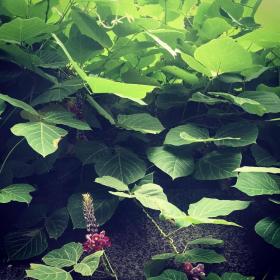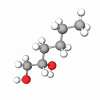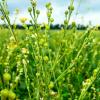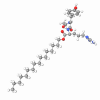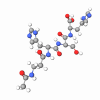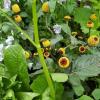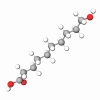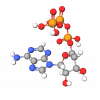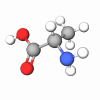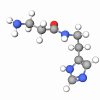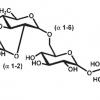The kudzu plant (L. Pueraria lobata) is a plant of renowned beauty and versatility. The first written mention of the plant as a medicine is in the ancient herbal text of Shen Nong (circa A.D. 100). In traditional Asian medicine, extracts of the roots, leaves, and bark of kudzu have been used and sold for centuries. In many Asian cultures, the plant goes by the name “ge-gen”. The name derives from the size and strength of the plant and more particularly from the enormous root system that fully grown plants can attain.
Most kudzu plants have beautiful purple flowers, but some of the more rare and prized species have stunning white flowers. Kudzu root and kudzu symbiosomes, which are an integral part of the kudzu root system, are enriched in a globin protein (leghemoglobin) and isoflavones, such as daidzein, as well as isoflavone glycosides, such as daidzin and puerarin.
The unique globin protein Leghemoglobin present in Pueraria Lobata symbiosome extract shares a very similar chemical structure to a recently discovered human protein called cytoglobin. Both cytoglobin and leghemoglobin are powerful binders of reactive oxygen and reactive nitrogen species such as nitric oxide. The key isoflavone present in Pueraria Lobata symbiosome extract is puerarin lobata, offering potent antioxidant properties to this extract.
Rich in the globin protein, leghemoglobin, Pueraria Lobata Symbiosome Extract has demonstrated significant melanin reduction in (in vitro) studies conducted on a tanned epidermal tissue model. Procollagen synthesis is enhanced improving skin elasticity, and due to the presence of isoflavones, particularly puerarin, Pueraria Lobata Symbiosome Extract offers antioxidant properties to this unique ingredient.